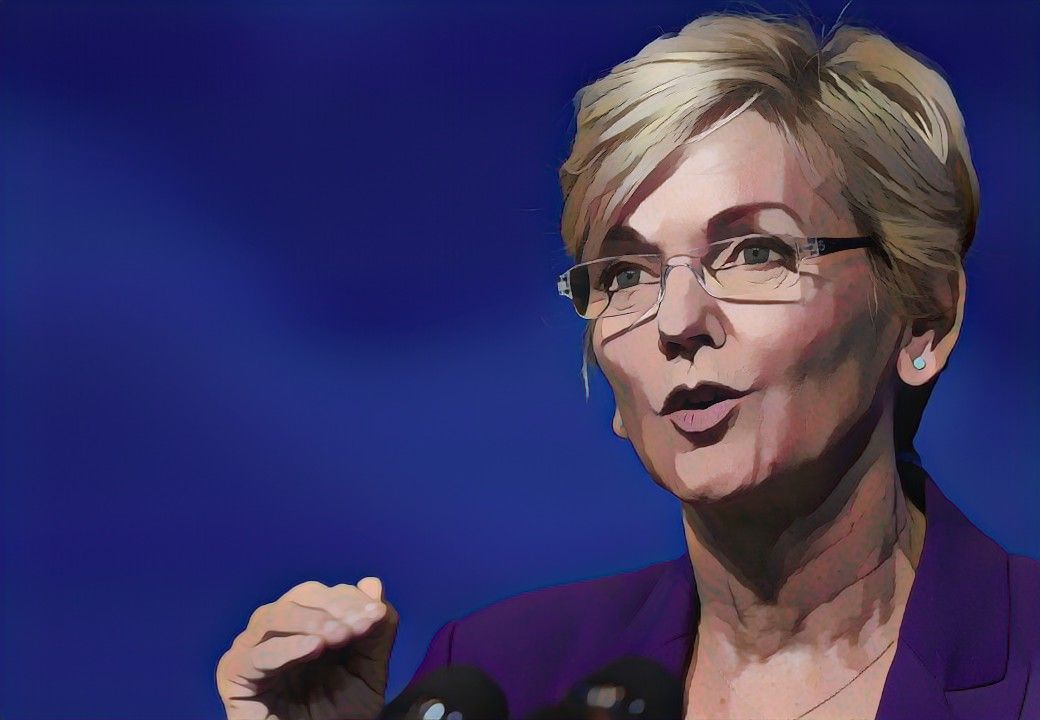Commerce Department Extends Solar Tariffs to Southeast Asian Products with Chinese Origins

The Lede: On Friday, the U.S. Commerce Department finalized a decision to impose import duties on makers of solar panels that finished their products in Southeast Asian nations to avoid tariffs on Chinese-made goods.
What We Know:
- A Commerce Department decision found that units of the solar photovoltaic companies BYD, Trina Solar, Longi Green Energy, and Vina Solar as well as the Cambodian New East Solar and Canadian Solar were dodging U.S. tariffs that targeted Chinese solar cells and panels by conducting minor processing steps in Cambodia, Malaysia, Thailand and Vietnam in the finishing stages of their products before shipping them to the U.S. market. Those Southeast Asian countries supply about 80 percent of US panel supplies.
- New East Solar was also placed on the list after it refused to cooperate with an on-site audit of its operations in Cambodia
- U.S. buyers that rely on cheap products made overseas to make their projects competitive opposed the decision. The companies can expect to be subject to the same tariffs already imposed on Chinese products. The new measures will begin taking effect in June 2024 due to a two-year waiver from the Biden administration that was intended to ensure solar panel supplies while domestic manufacturing ramps up.
The Background: In the past decade, the U.S. has imposed anti-dumping duties on solar products made in China after a probe by the Commerce Department triggered by a complaint by the U.S. manufacturer Auxin Solar found that Chinese companies were receiving government subsidies to push their prices artificially low. A more recent probe by the Commerce Department into solar panels from China led to the Biden administration waiving trade duties on solar products imported from Southeast Asia until June 2024 in order for U.S. green transition projects to carry on with their plans during the probe. Both chambers of Congress have introduced resolutions aimed at overturning the Biden administration’s suspension of tariffs.The administration’s Defense Production Act aimed in part to help expand American solar panel manufacturing among other clean energy technologies.
Likely Outcomes:
- Despite fears of retroactive tariffs on the import of solar panels from these companies, those funding U.S. green transition projects may rush to accumulate solar products that will be subject to tariffs after the expiration of the Biden administration’s waiver. As the waiver was set to expire, buyers likely expected to face tighter government regulations and have to adapt with the June 2024 end date in mind. U.S. producers will likely benefit significantly from this decision and become providers for many domestic green transition projects.
- China has been in the lead for the development of durable, lightweight, and flexible perovskite solar cells, which offers an alternative to current mainstream solar products. The Japanese plastics manufacturer Sekisui Chemical has announced that it will invest more than ¥10 billion ($68 million) to build a new manufacturing facility to counter China’s lead. If perovskite cells become the next step in the proliferation of solar technology, then the West may lean on Japan for production.
Quotables:
"At stake is the complete smothering of the investment and the jobs and the independence that we would be seeking as a nation to get our fuel from our own generation sources. I certainly am deeply concerned about being able to achieve the goal of getting to 100% clean electricity by 2035 if this is not resolved quickly." – Jennifer Granholm, U.S. Secretary of Energy
"When prices of finished panels from Southeast Asia come in below our bill of materials cost, American manufacturers cannot compete. If foreign producers are circumventing US law and causing harm to US producers like Auxin Solar, it needs to be addressed…For years, the Chinese have flouted the U.S. trade remedy laws and today, with Commerce's affirmative country-wide circumvention decisions on Cambodia, Malaysia, Thailand, and Vietnam, we've successfully closed these loopholes." – Mamun Rashid, chief executive of Auxin Solar
"The U.S. Department of Commerce is out of step with the administration's clean energy goals, and we fundamentally disagree with their decision. It will take at least three to five years to ramp up domestic solar manufacturing capacity and the global supply chain will be vital in the short-term." – Abigail Ross Hopper, head of the Solar Energy Industries Association
Good Reads:
The U.S. imports most of its solar panels. A new ruling may make that more expensive (NPR)
Feds determine five Chinese solar panel companies have been skirting US tariffs (CNN)
